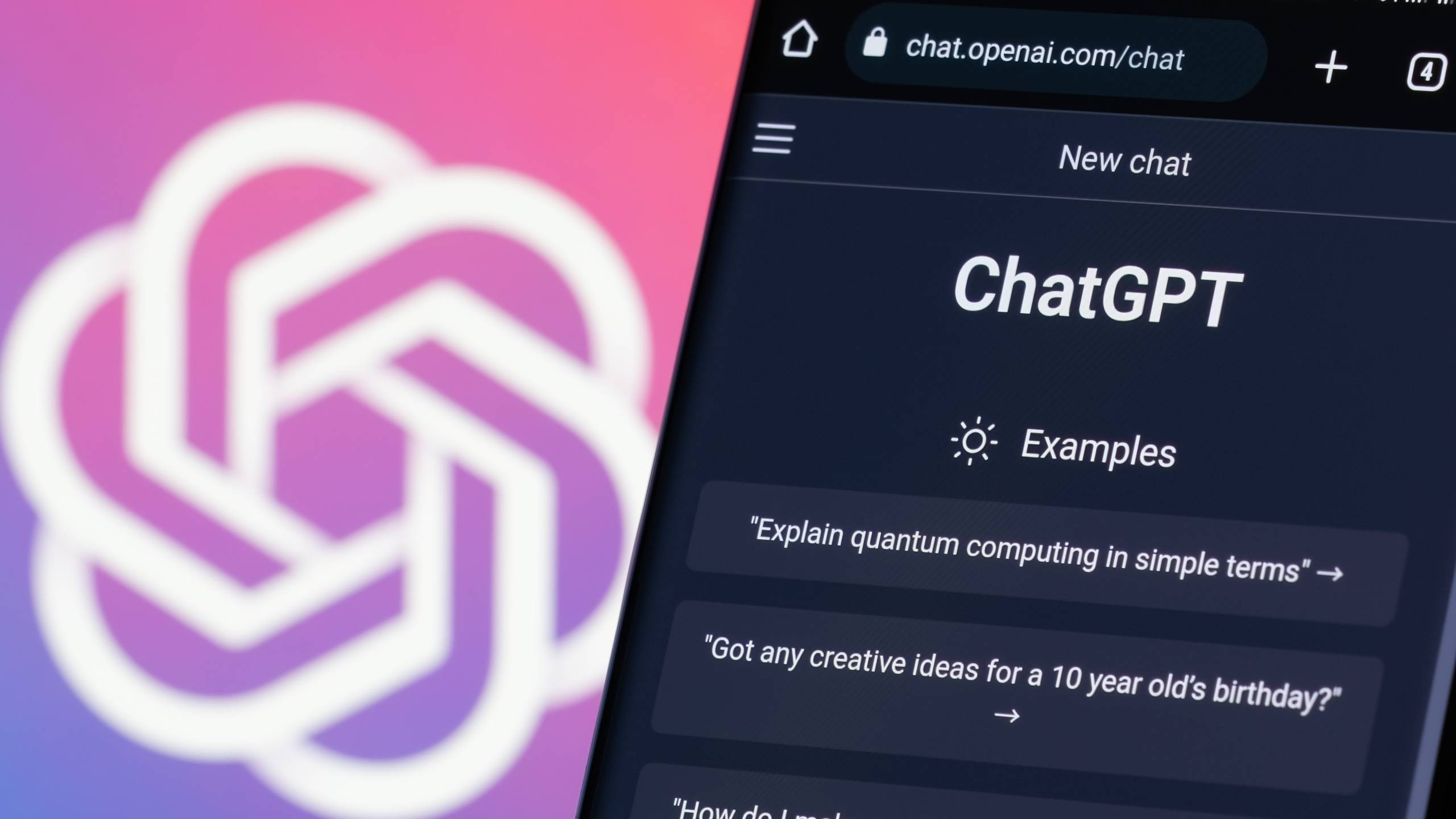Notion’s (quiet) acquisition of Skiff, a privacy-focused cloud storage, encryption email and collaboration platform, brings much anticipation to new features coming at the end of the year.
We all know productivity and collaboration tools is a very crowded space. As the demand for versatile, all-in-one solutions continues to grow, Notion has positioned itself as a formidable contender, offering a unique blend of features and capabilities that have sparked a growing frenzy among its user base.
This multifaceted digital workspace has reinvented the boundaries of traditional note-taking and project management software, offering a versatile and dynamic solution that has transformed the way individuals and teams organize their work, ideas, and workflows. At the end of this year, we anticipate big news from this unicorn. We can’t wait!
The Rise of Notion
Notion, founded in 2016 by Ivan Zhao and Simon Last, started as a humble note-taking and document management application. It has since evolved into a comprehensive, all-in-one workspace that encompasses a wide range of functionalities, from task management and project planning to knowledge sharing and team collaboration.
The platform’s key differentiator lies in its seamless integration of various productivity tools into a single, cohesive interface. Users can effortlessly create and organize notes, documents, wikis, databases, and even custom applications, all within the Notion ecosystem. This unified approach has resonated with individuals and teams seeking to streamline their workflows and eliminate the need to juggle multiple applications.
Notion has emerged as a rising star as the demand for versatile, all-in-one solutions continues to grow, Notion has positioned itself as a formidable contender, offering a unique blend of features and capabilities that have sparked a growing frenzy among its user base. While Notion excels at note-taking, it’s far more than just a digital notepad. It’s a comprehensive workspace that allows users to manage tasks, projects, wikis, databases, and more, all within a single platform. This eliminates the need to juggle multiple apps and facilitates a more streamlined workflow.
What Sets Notion Apart?
Notion’s appeal lies in its ability to adapt to a wide range of user needs and use cases. At its core, Notion is a hybrid between a note-taking app, a project management tool, a knowledge base, and a collaborative workspace. Its versatility is what sets it apart from traditional productivity software, allowing users to customize and mold the platform to fit their unique workflows and preferences.
Users can effortlessly create and organize notes, documents, wikis, databases, and even custom applications, all within the Notion ecosystem. This unified approach has resonated with individuals and teams seeking to streamline their workflows and eliminate the need to juggle multiple applications.
- Flexible and Robust Workspace
Notion’s workspace is a blank canvas that users can shape and customize to their liking. Whether it’s creating detailed documentation, planning projects, or building comprehensive knowledge bases, Notion’s rich text editor, multimedia integration, and intuitive database features empower users to bring their ideas to life in a seamless and visually appealing manner. - Collaborative Capabilities
Collaboration is at the heart of Notion, with features that enable real-time editing, commenting, and file sharing. Teams can work together on documents, assign tasks, and track progress, all within the confines of a single workspace. Notion’s permission controls and version history further enhance the collaborative experience, ensuring that everyone is on the same page. - Extensive Integrations
Notion’s strength lies in its ability to seamlessly integrate with a wide range of other productivity tools and services. From cloud storage platforms like Dropbox and Google Drive to task management apps like Trello and Asana, Notion’s integrations allow users to streamline their workflows and create a cohesive digital ecosystem tailored to their needs. - Customizable Templates
One of Notion’s most compelling features is its vast library of pre-built templates, covering a diverse range of use cases, from content planning to project management and beyond. These templates serve as a starting point for users, allowing them to quickly set up and customize their workspace to suit their specific requirements, saving valuable time and effort. - Cross-Platform Accessibility
Notion’s versatility extends to its cross-platform availability. Users can access their Notion workspaces seamlessly across desktop, web, and mobile devices, enabling them to stay productive and connected no matter where they are. This flexibility is particularly valuable for remote teams and individuals who require access to their information and projects on the go.

The Collaborative Advantage
In an era where remote and hybrid work have become the norm, the need for effective collaboration tools has never been more paramount. Notion excels in this domain, providing a centralized platform where teams can come together to share information, collaborate on projects, and maintain a cohesive knowledge base.
The platform’s real-time collaboration features, including simultaneous editing, commenting, and version control, foster a seamless and transparent workflow. Team members can easily track changes, provide feedback, and stay aligned on project updates, all within the Notion workspace.
Moreover, Notion’s cross-device accessibility and mobile applications further enhance its collaborative capabilities, allowing teams to stay connected and productive regardless of their location or device of choice.
The Rise of the Notion Community
One of the most remarkable aspects of Notion’s success is the vibrant community that has emerged around the platform. Notion users, from seasoned power users to newcomers, have formed a thriving ecosystem of enthusiasts, sharing tips, tricks, and templates across various online forums and social media platforms.
This community-driven approach has not only fostered a sense of camaraderie among Notion users but has also contributed to the platform’s continued evolution. The community actively provides feedback, reports bugs, and even contributes to the development of new features, creating a feedback loop that helps Notion stay responsive to the needs of its users.
The Future of Notion
As Notion continues to evolve and expand its offerings, the excitement surrounding the platform shows no signs of slowing down. The team behind Notion has demonstrated a deep commitment to user feedback and continuous improvement, regularly introducing new features and enhancements that cater to the changing needs of its user base.
With plans to further integrate artificial intelligence and machine learning capabilities into the platform, Notion is poised to take productivity and collaboration to new heights. The potential for Notion to become a centralized hub for all of an individual’s or team’s digital workflows is a tantalizing prospect that has many users eagerly anticipating the platform’s future developments.
So, the commotion surrounding Notion is well-deserved. This versatile and user-centric productivity tool has carved out a unique niche in the crowded landscape of digital workspaces, offering a seamless blend of note-taking, project management, and collaborative capabilities.
Notion’s versatile productivity features and Skiff’s privacy-focused cloud storage and collaboration tools could create a powerful, all-in-one solution that caters to the growing demand for secure and efficient digital workspaces.
So what about this new acquisition?
As the demand for flexible, user-centric productivity solutions continues to rise, Notion’s momentum shows no signs of slowing down. With its strong community support, strategic partnerships, and a focus on continuous innovation, Notion is poised to remain a dominant player in the productivity software arena, shaping the future of how we work and collaborate in the digital age.
Why Skiff?
Skiff is a privacy-focused cloud storage and collaboration platform. In operation for the last 5 years, Skiff’s document editing and real-time collaboration tools could potentially be integrated into Notion, further strengthening Notion’s ability to facilitate team workflows and project management. This integration could provide users with a more comprehensive and secure workspace, where they can not only organize their notes, tasks, and databases but also collaborate on and store their critical files and documents.
How Notion’s Acquisition of Skiff Could Improve Platform Offerings
Notion’s recent acquisition of Skiff, a privacy-focused email platform, has generated excitement and speculation about how it could enhance the platform’s offerings. Here are some potential ways this acquisition could benefit Notion users:
- Enhanced Privacy and Security: Skiff is known for its strong commitment to user privacy and security. By integrating Skiff’s technology into Notion, the platform could offer users a more secure and private way to manage their data and communications. This could be particularly appealing to individuals and organizations who handle sensitive information.
- Improved Email Integration: Skiff’s email features could be integrated into Notion’s workspace, allowing users to manage their emails alongside their notes, tasks, and projects. This would create a more seamless and unified workflow, reducing the need to switch between different apps.
- End-to-End Encryption: Skiff’s end-to-end encryption technology could be applied to other areas of Notion, such as notes, documents, and databases. This would provide an additional layer of security for sensitive information stored within the platform. This level of encryption could provide an additional layer of security for Notion users who are concerned about data breaches or unauthorized access.
- Collaboration and Communication Tools: Skiff’s collaboration and communication tools could be integrated into Notion, allowing users to easily share emails, notes, and other documents with their team members. This could improve team communication and collaboration, all on platform.
- Focus on User Privacy: The acquisition of Skiff signals Notion’s commitment to user privacy. This could attract users who are concerned about data privacy and are looking for a more secure and ethical alternative to other productivity platforms.
- Innovation and Development: Skiff’s team of engineers and developers could contribute to Notion’s ongoing innovation and development efforts. This could lead to the introduction of new features and improvements that enhance the platform’s functionality and user experience.
- Expansion into New Markets: Skiff’s focus on privacy and security could help Notion expand into new markets, such as government agencies, financial institutions, and healthcare organizations, where data security is paramount.
- Competitive Advantage: By integrating Skiff’s technology and expertise, Notion could gain a competitive advantage over other productivity platforms that do not prioritize user privacy and security.
- Ethical Approach to Technology: The acquisition of Skiff aligns with Notion’s commitment to developing ethical and responsible technology. This could appeal to users who are concerned about the potential negative impacts of technology on society.
- Future of Work: The integration of Skiff’s technology could contribute to the evolution of the future of work, where privacy, security, and collaboration are increasingly important.
Notion’s acquisition of Skiff has the potential to significantly enhance the platform’s offerings by improving privacy, security, and collaboration capabilities. This could make Notion an even more attractive option for individuals and organizations looking for a comprehensive and user-friendly productivity platform.
The combination of Notion’s versatile productivity features and Skiff’s privacy-focused cloud storage and collaboration tools could create a powerful, all-in-one solution that caters to the growing demand for secure and efficient digital workspaces.
Getting Started: Notion offers a free plan for individual use, making it easy to try out the platform and explore its features. For teams and businesses, paid plans offer additional features and storage space.
Additional Resources:
- Notion Official Website: https://www.notion.so
- Notion Help Center: https://www.notion.so/help
- Notion Community: https://www.notion.so/community
- Notion Templates: https://www.notion.so/templates
Disclaimer: This blog post is not sponsored by Notion. It is an independent review based on publicly available information and user feedback.
ZMSEND.com is a technology consultancy firm for design and custom code projects, with fixed monthly plans and 24/7 worldwide support.


